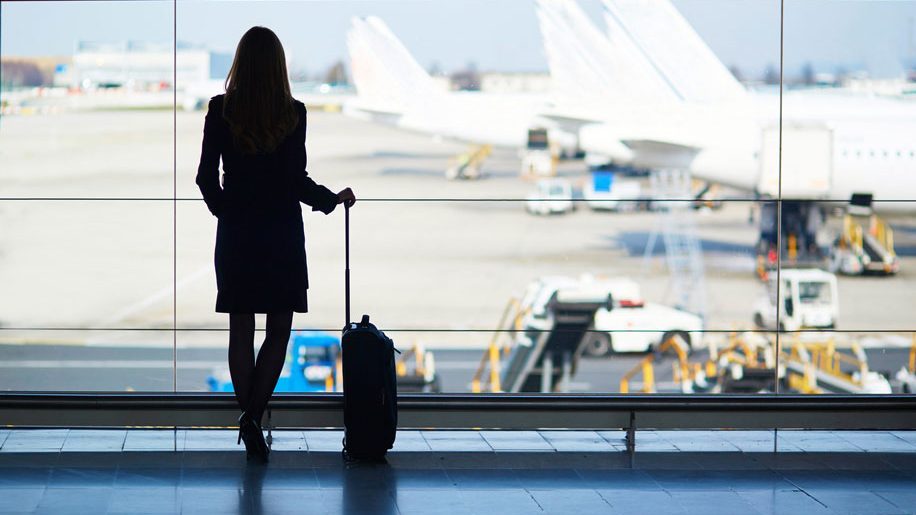
A majority of US-based female business travellers have experienced safety issues or worries which impact their work trips, new research suggests.
A survey of 503 women showed that 83 per cent had one or more safety-related concern or incident in the past year, and 90 per cent said safety concerns affected what they did in their personal time while travelling for work.
Their main concerns included general safety (78 per cent), sexual harassment and assault (72 per cent), travel to certain countries and cities (68 per cent) and assault or kidnapping risk (65 per cent).
The Global Business Travel Association carried out the survey in partnership with AIG Travel.
Their report, Perceptions of Safety for Female Business Travellers, looks at how these incidents impact work trips and what organisations are doing to address female safety.
Safety considerations reportedly impacted booking behaviour, with women saying they took precautions such as only booking daytime flights or central lodging locations, as well as where they would travel, how often, and their productivity.
While more than 80 per cent said they believe their company cares about their safety on business trips and that they feel comfortable expressing their concerns, 68 per cent said their company should have polices that specifically address the needs of female business travellers. A recent survey of travel buyers revealed only 18 per cent report having these gender-specific policies in place.
Respondents to the survey suggested additional resources such as having an emergency contact or hotline, and training on issues such as sexual harassment, assault and kidnapping.
“High levels of concern have a tangible impact on business travel for women,” said Amanda Cecil, a senior vice president at GBTA. “Previous GBTA research has shown the immense impact travel experience can have on productivity and business results while on the road. Ultimately all travellers want to be productive and get business done, so understanding the specific risks female travellers face on the road can allow travel buyers to play a critical role in addressing these concerns.”












